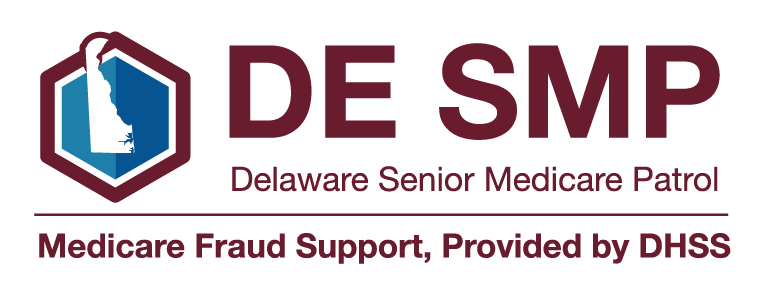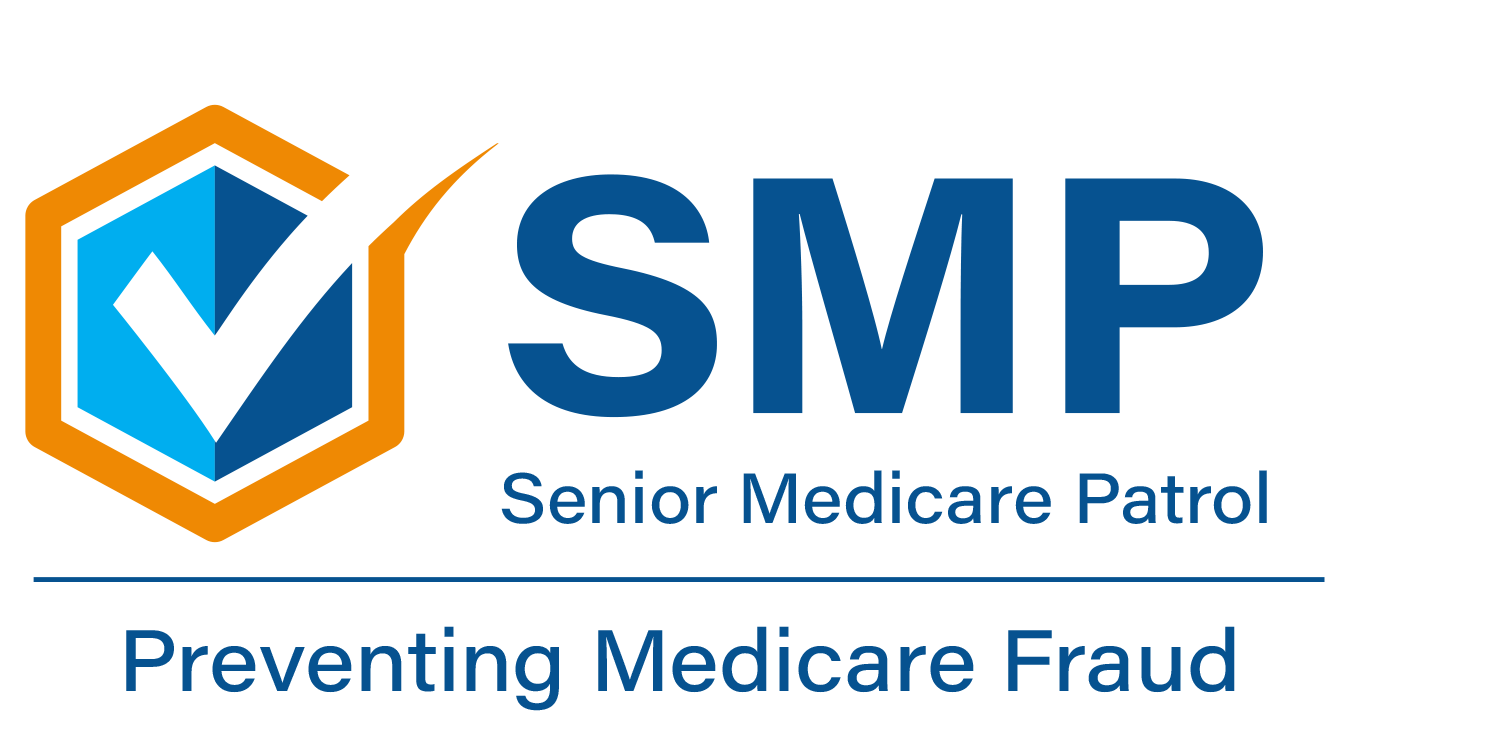Report
What should I do when I suspect health care fraud, or if I’m unsure if I’m a victim of it? DE SMP provides expert guidance through identifying, reporting, and resolving your situation.
Why You Should Report Suspected Health Care Fraud
$60 billion is a BIG number. That’s the estimated cost of Medicare fraud each year throughout the U.S. — and it affects us all. While many take the position that it is a “victimless crime,” that simply is not the case. While billions are wasted annually on fraudulent claims, valuable funds are also spent investigating those claims. Those are tax dollars that could be working to improve health care for beneficiaries, or to fund other vital government programs. Medicare fraud threatens the program as a whole and brings a drain on funds available for future beneficiaries as well as those relying on Medicare today.
Medicare fraud puts your benefits at risk. Fraudulent claims stating that you received tests, treatments or equipment that you didn’t could result in denying payment for the same request later on — when you might need it. You could also find that if your information was improperly used, you may no longer qualify for services like long-term care or other insurance. Those not directly impacted by fraud can find their benefits compromised as well; if a particular service or medical equipment device becomes common in fraudulent claims, Medicare may not approve these items as readily. This makes is much more difficult for you to get the services and equipment you need for your health and wellness.
The Process of Investigating
How do I know if something is legitimate? Here are steps we recommend you take to investigate any concerns:
 Step 1: Contact that Provider or Supplier
Step 1: Contact that Provider or Supplier
Call your health care provider or supplier first to question the charge.
If the issue is determined to be a mistake, ask them to correct it.
 Step 2: Contact The Payer/Insurance
Step 2: Contact The Payer/Insurance
If the provider or supplier can’t answer the question, contact the company that paid the bill. Their contact information can be found on your Medicare Summary Notice (MSN) or Explanation of Benefits (EOB).
 Step 3: Contact DE SMP
Step 3: Contact DE SMP
If the issue still isn’t resolved, Contact Us, DE SMP, and we can assist. If fraud or abuse is suspected, we will guide you in resolving it and we will refer cases to the proper authorities on your behalf.
Remember, if you’re concerned about falling victim to a Medicare scam, you are not alone. Delaware Senior Medicare Patrol (DE SMP) is here to help you, and the Delawareans you love, stay ahead of fraud. Find Help today to get started.
When Medicare fraud is suspected, there are other entities that may be activated on your behalf, including:
- HHS Office of Inspector General (OIG), 1-800-HHS-TIPS (800-447-8477)
- Centers for Medicare & Medicaid Services (CMS), 1-800-Medicare
- State attorneys general
- Local law enforcement
- State departments of insurance
- State Medicaid Fraud Control Units (MFCU)
- The national SMP resource, smpresource.org
See our full list of entities on our Resources page.







